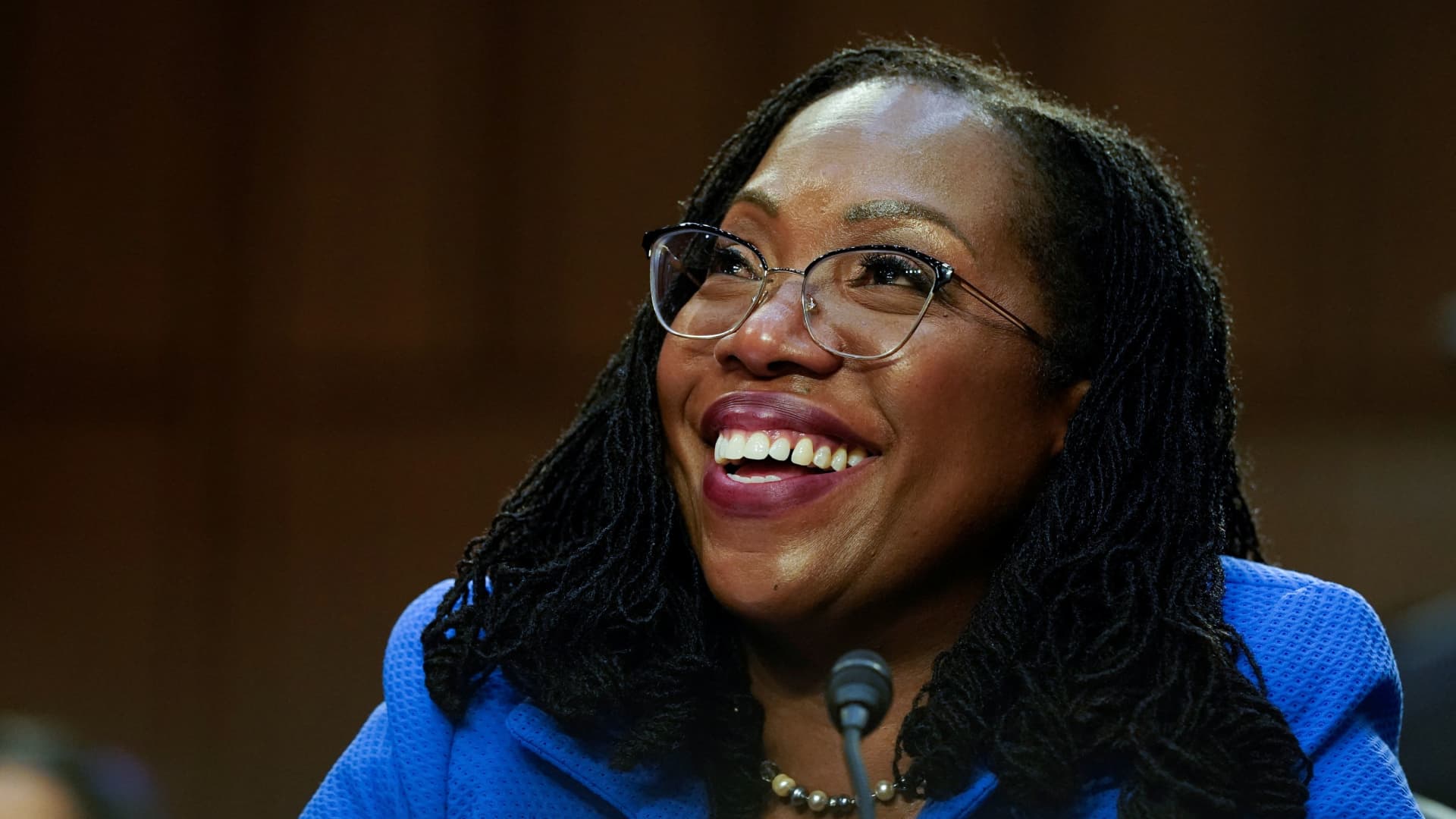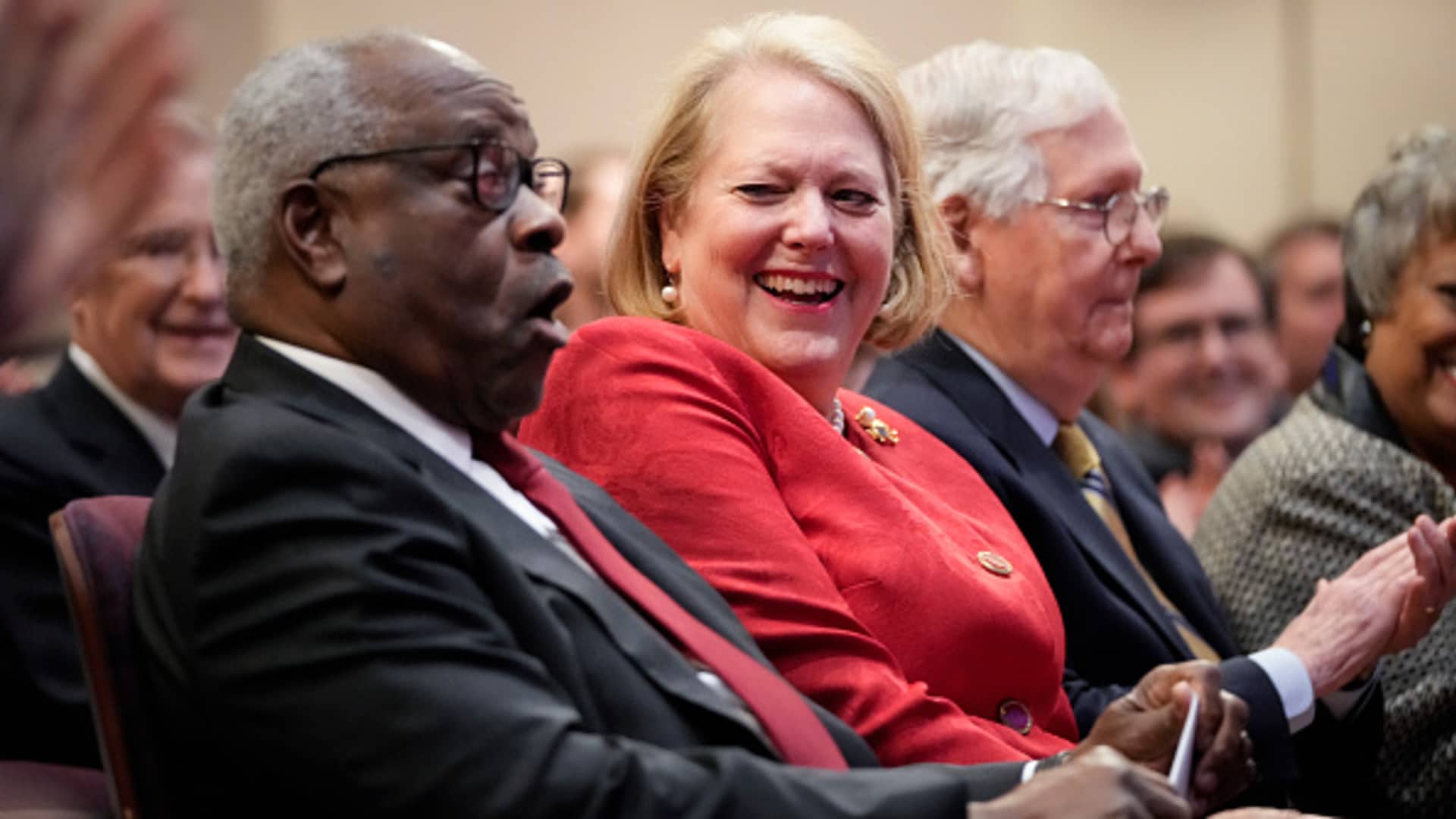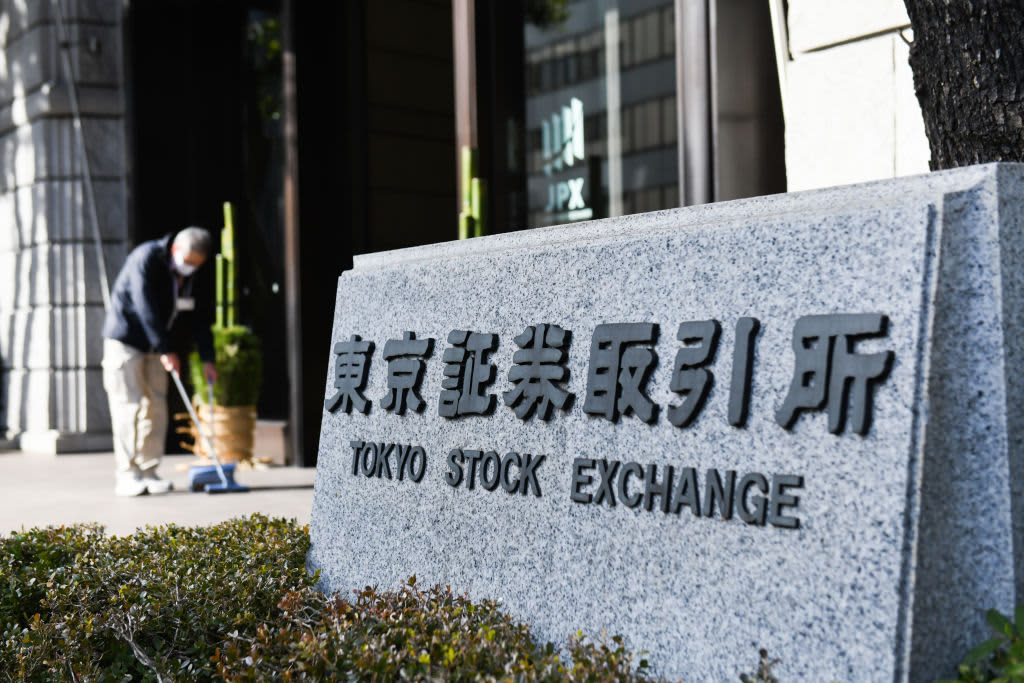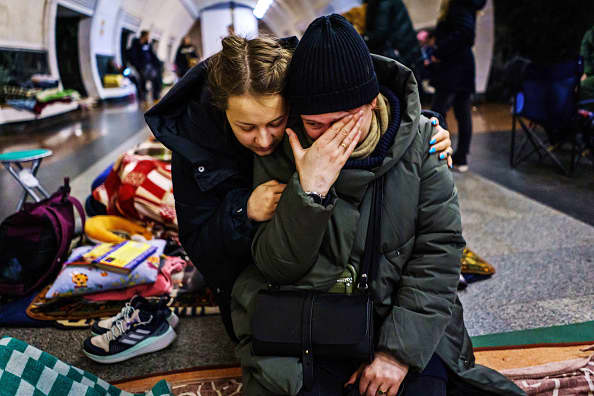German Defense Minister Christine Lambrecht resigns amid Ukraine war backlash
German Defense Minister Christine Lambrecht has resigned amid Ukraine war backlash.
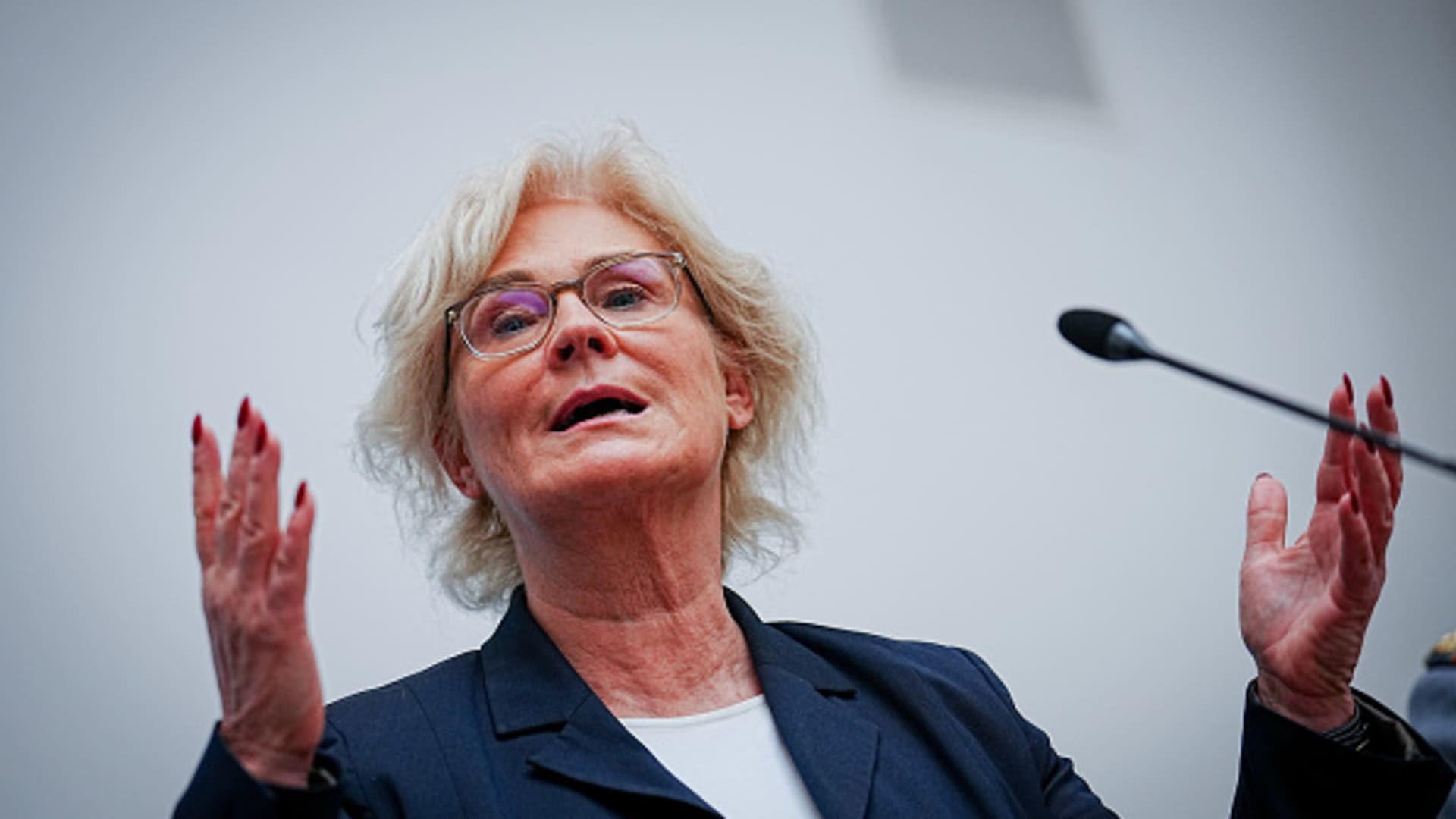
German Defense Minister Christine Lambrecht on Monday formally tendered her resignation.
Picture Alliance | Picture Alliance | Getty Images
German Defense Minister Christine Lambrecht on Monday tendered her resignation, amid scrutiny over Berlin's response to the war in Ukraine.
"Today I asked the Chancellor to be released from the role of defence minister," Lambrecht said in a statement, according to a CNBC translation.
Her stepdown comes as Germany mulls whether to approve an increase in military support to Ukraine in order to help Kyiv's armed forces prevail against the Russian onslaught.
"The focus from the media over months on my person hardly allows for objective reporting and discussion about the soldiers, the armed forces and the course for security policy in the interest of Germany's citizens," Lambrecht said.
"The valuable work of the soldiers and the many motivated people in the industry needs to be at the forefront. I therefore decided to make my post available," she added. "I thank everyone who engages themselves for our security every day and sincerely wish them the best of luck for the future."
Lambrecht, a senior lawmaker in German Chancellor Olaf Scholz's Social Democratic Party, had faced sustained pressure over her credibility to lead the country's armed forces.
Multiple media outlets reported over the weekend that Lambrecht's resignation could be imminent, following a series of missteps.
It is not yet clear who will succeed Lambrecht as defense minister.
A government spokesperson said Germany's Scholz had accepted Lambrecht's resignation as defense minister, according to Reuters, with a successor to be proposed soon.
German newspaper Frankfurter Allgemeine Zeitung reported, citing government sources, that Lambrecht's successor would be announced on Tuesday. Some of the possible contenders, Reuters reported, include Germany's Parliamentary Commissioner for the Armed Forces, Eva Hoegl, junior defense minister Siemtje Moeller, SPD party head Lars Klingbeil and Labour Minister Hubertus Heil.
Controversial New Year's video
The defense minister was sharply criticized for a New Year's Eve message posted on social media. In a minute-long video, she talked about the Ukraine war and appeared to reflect on personal encounters, while struggling to be heard over fireworks in the background.
Opposition lawmakers condemned the message as inappropriate in the context of Russia's nearly year-long war.
Serap Guler, an opposition Christian Democratic Union lawmaker, at the time named Scholz accountable for "every additional minute" in which Lambrecht retained her post. Guler has since welcomed Lambrecht's resignation, saying via Twitter on Monday that the move was in the interests of the country and of Berlin's armed forces.
Lambrecht had previously faced media criticism for Germany's response to the war in Ukraine.
Last year, Lambrecht provoked international outcry after announcing Germany's offer to supply Ukraine with 5,000 helmets, at a time when President Volodymyr Zelenskyy's administration was calling for heavy weapons to defend itself against Russian forces.
Kyiv Mayor Vitali Klitschko dismissed the offer as "a joke" at the time, telling the German newspaper Bild that the gesture had left him "speechless."
"I think that Germany deserves praise for what it's done in support of Ukraine. I think the European Union as a whole deserves praise for our solidarity with Ukraine. And I don't mean the institutions, I don't mean politicians," Frans Timmermans, Executive Vice-President of the European Commission, told CNBC's Dan Murphy today. He declined to comment on Lambrecht's departure, but stressed Berlin's strategic importance in EU defense efforts:
"We're being challenged," he said. "And we need to make sure we are strong. And Germany is one of our most important partners in that respect. So I'm sure [the] German government will be up for that. And I'm sure it will be strong enough to make sure that all of us, as Europeans, feel safe."
— CNBC's Sophie Kiderlin contributed to this report.

 FrankLin
FrankLin 







